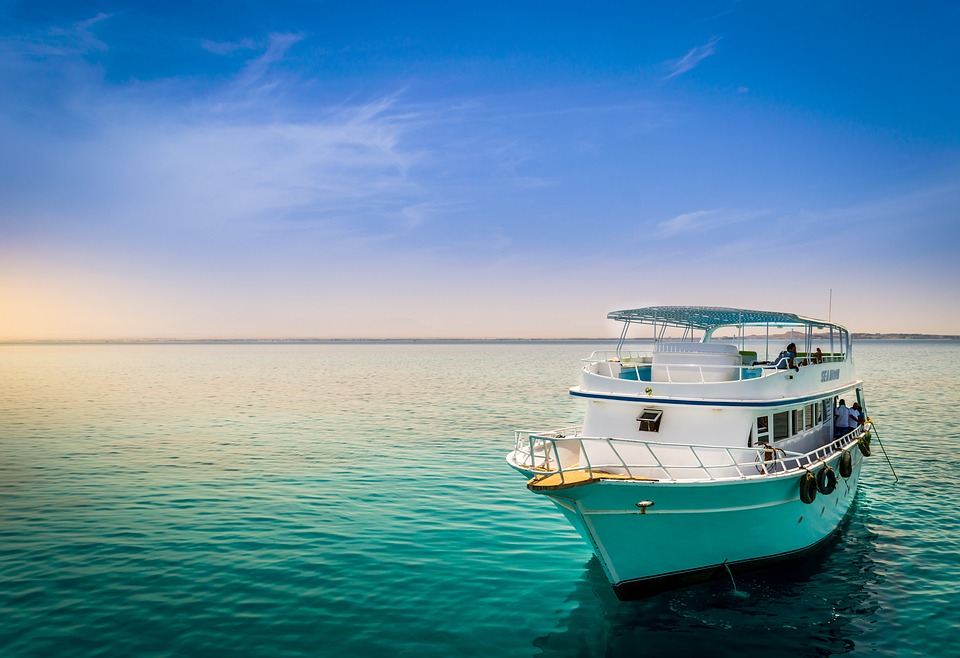Table of Contents
Introduction
Exploring the underwater world is a fascinating and breathtaking experience. Snorkelling allows us to get up close and personal with the wonders hidden beneath the ocean’s surface. It is a magical activity that lets you immerse yourself in a whole new world. In this article, we will unravel the magic of snorkelling and guide you on how to brave the depths.
Equipment and Gear
Before embarking on your underwater adventure, it is essential to have the right equipment and gear. Here are the must-haves:
- Mask: A well-fitted mask is crucial to ensure clear visibility and prevent water from entering your nose and eyes.
- Snorkel: A snorkel allows you to breathe while your face is submerged in water, making it easier to observe marine life.
- Fins: Fins provide propulsion, making it easier to swim and navigate through the water.
- Wetsuit: Depending on the water temperature, a wetsuit helps to keep you warm and protected.
- Flotation device: It is recommended to use a buoyancy aid, such as a life jacket or snorkel vest, for added safety.
Choosing the Right Location
When it comes to snorkelling, the location plays a vital role in the overall experience. Here are a few factors to consider when choosing the right spot:
- Visibility: Opt for locations with clear water visibility to fully appreciate the underwater beauty.
- Biodiversity: Look for areas with an abundance of marine life, such as coral reefs, rock formations, or aquatic reserves.
- Safety: Ensure that the chosen location is safe for snorkelling, with calm currents and minimal risks.
- Accessibility: Consider the ease of reaching the site and the availability of facilities like restrooms, changing rooms, and parking.
Basic Snorkelling Techniques
While snorkelling may seem easy, it is essential to master some basic techniques for a better experience:
- Clearing your mask: Learn to clear water from your mask by exhaling through your nose, allowing you to maintain clear vision.
- Proper breathing: Breathe through the snorkel tube and avoid hyperventilating or holding your breath.
- Swimming techniques: Practice using your fins to propel yourself forward and adjust your body position for optimal buoyancy.
- Equalizing pressure: If you descend to greater depths, learn how to equalize the pressure in your ears by pinching your nose and gently blowing.
Respecting Marine Life
When snorkelling, it is crucial to respect the marine environment and leave it undisturbed. Here are some guidelines to ensure responsible snorkelling:
- Keep your distance: Admire marine life from a respectful distance, avoiding touching or chasing animals.
- Avoid stepping on coral reefs: Touching or standing on coral can cause severe damage and disrupt the delicate ecosystem.
- Do not feed marine animals: Feeding marine animals can disrupt their natural feeding patterns and have negative consequences.
- Use reef-safe sunscreen: Choose sunscreen that is free from harmful chemicals to protect yourself without harming the reef.
- Take all trash with you: Avoid littering and dispose of any waste properly to keep the underwater environment pristine.
FAQs
1. How deep can you snorkel?
The depth at which you can safely snorkel depends on your comfort level and abilities. Most snorkelers stick to depths within 10-15 feet (3-4.5 meters).
2. Can I wear glasses while snorkelling?
If you wear prescription glasses, consider investing in a prescription snorkel mask. It allows you to see clearly without the need for contact lenses.
3. Are there age restrictions for snorkelling?
Snorkelling can be enjoyed by people of all ages. However, it is important to assess the physical abilities and comfort level of younger children before letting them snorkel.
4. What should I do if I encounter dangerous marine life?
If you encounter dangerous marine life, such as sharks or jellyfish, it is crucial to remain calm and avoid sudden movements. Respect their space and slowly retreat if necessary.
5. Do I need swimming skills to snorkel?
While strong swimming skills are not mandatory, basic swimming abilities and comfort in the water are recommended for snorkelling.





